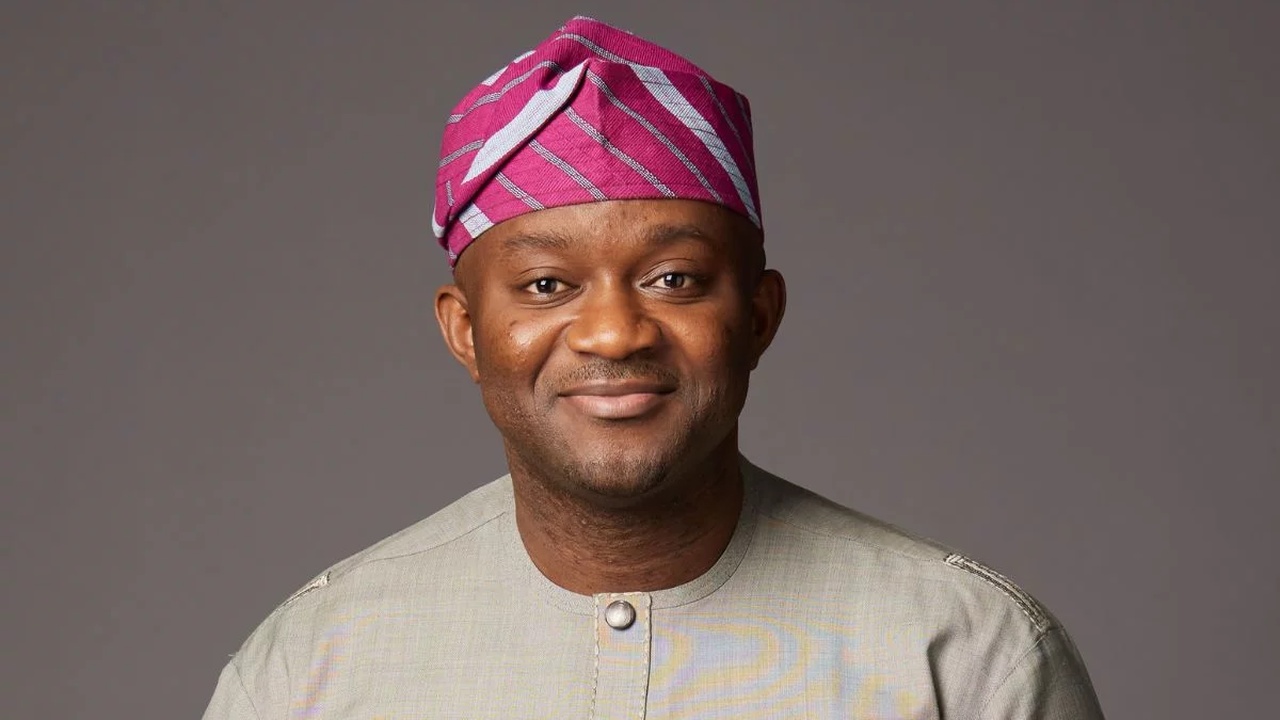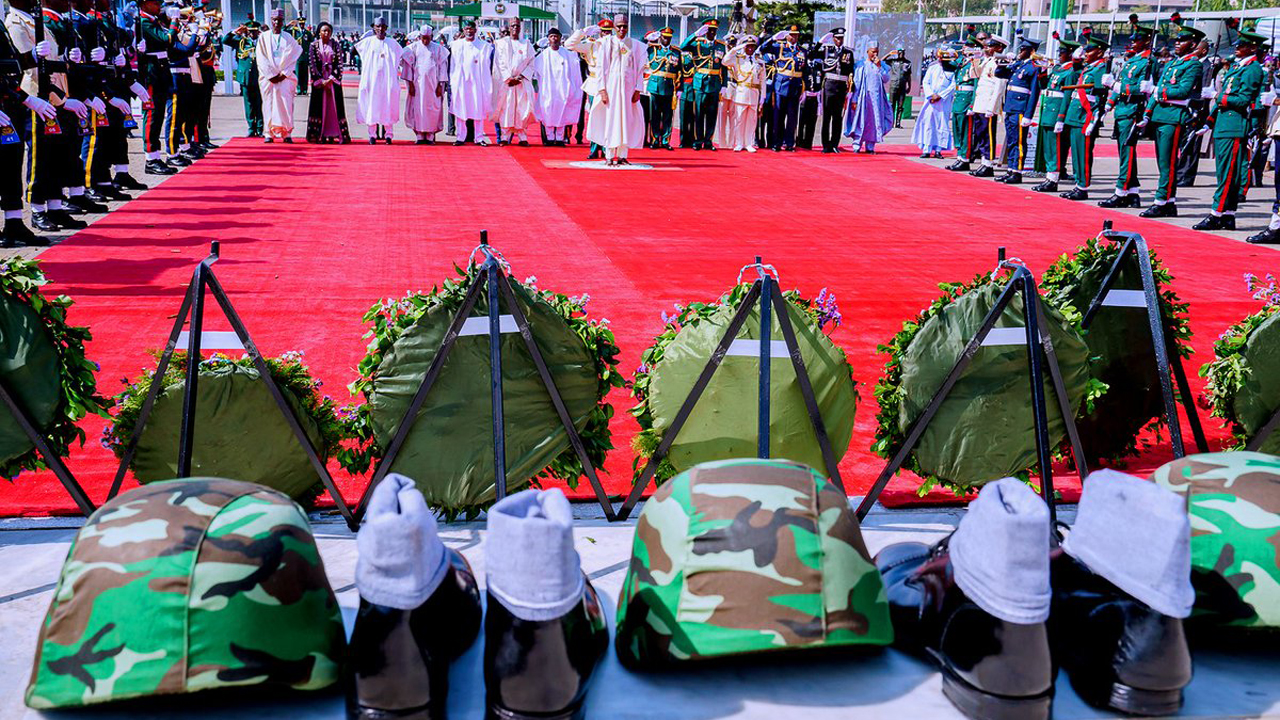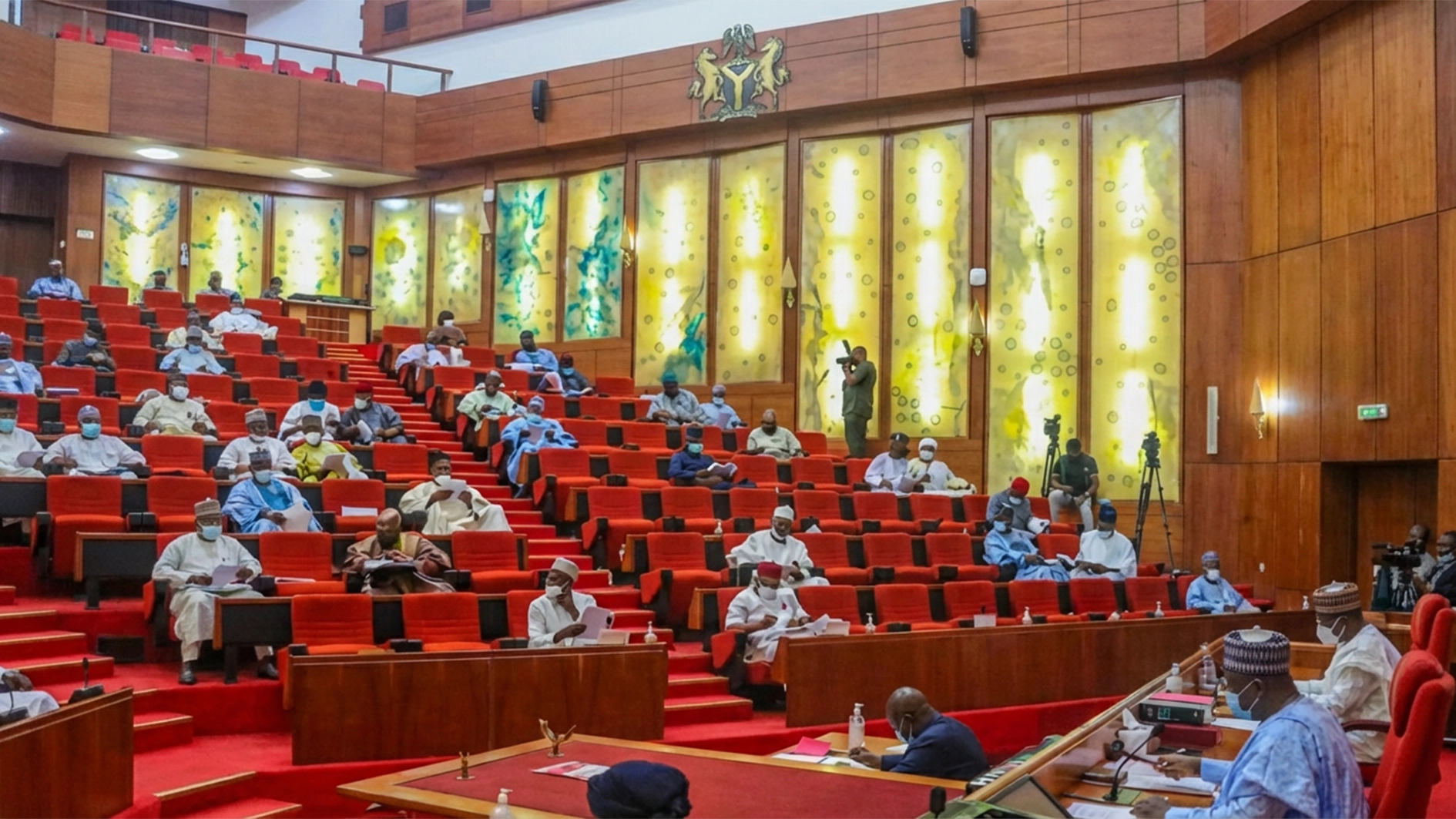In the face of chronic economic hardship and pervasive insecurity, Nigeria’s political landscape is displaying alarming symptoms of systemic breakdown, symptoms that dangerously echo the decay preceding the collapse of the First Republic (1960–1966). The challenges facing our country are no longer confined to mere misgovernance; they point to a perilous erosion of civilian control and institutional authority. This existential crisis provides the essential context for understanding the themes explored in the latest commentary on Nigeria’s political fragility.
The profound contempt shown by elements within the military establishment towards democratic institutions was recently captured in the widely circulated confrontation between the FCT Minister, Nyesom Wike, and a naval officer. The officer’s public obstruction of the Minister, acting on behalf of the country’s chief civil authority, over a land dispute, was more than a mere land grab; it was a brazen affront to the supremacy of civil rule. Legal analyses confirmed the action as a stark breach of the law and a dangerous precedent of military impunity.
This incident is a visible symptom of deep fractures within the security forces and the fragility of civilian oversight, a concern previously underscored by discussions surrounding the alleged “coup that never happened.” This pattern of military insubordination and contempt for the political class is a dangerous historical repeat. In the mid-1960s, a similar atmosphere of public and military disillusionment with corruption and political infighting preceded the January 1966 coup. The infamous Adegoke Adelabu incident, where the flamboyant politician was publicly mocked and physically harassed by soldiers on the street, symbolised the diminishing respect for politicians by men in uniform, foreshadowing the eventual end of the democratic experiment.
Today, the political elite’s failure to uphold the rule of law and secure the country is accelerating the institutional decay. My commentary on Nigeria’s economic woes, linking the investment crisis to the failure of governance, highlights how political failure directly fuels national instability. When the political class fails to deliver security, prosperity, and justice, the resultant popular disillusionment acts as a gravitational pull towards military intervention, just as it did in the mid-1960s amid the Western Region crises.
Compounding this internal vulnerability is the shifting global tide. The world is swiftly returning to an era where might equals right. The post-World War II commitment to international norms is receding. Having failed to build strong, resilient, and internally legitimate institutions, Nigeria has left itself vulnerable, as demonstrated by the recent threat from Donald Trump. By allowing deep institutional fault lines and military impunity to flourish, the country risks not only an internal collapse but also becoming prey to external actors operating under the new geopolitical ethos of aggressive self-interest.
The sobering reality is that while coups are undoubtedly detrimental, the actions of Nigeria’s current political class and their security partners are actively enabling such a trajectory. The systemic failures, from corruption and institutional dysfunction to the military’s open insubordination, are creating the necessary conditions for a democratic reversal. Nigeria is currently drifting, not steering, and unless its institutions quickly rediscover and enforce the fundamental principle of civilian supremacy and the rule of law, the dangerous echoes of the First Republic will likely become a tragic reality.
Nwanze is a partner at SBM Intelligence






